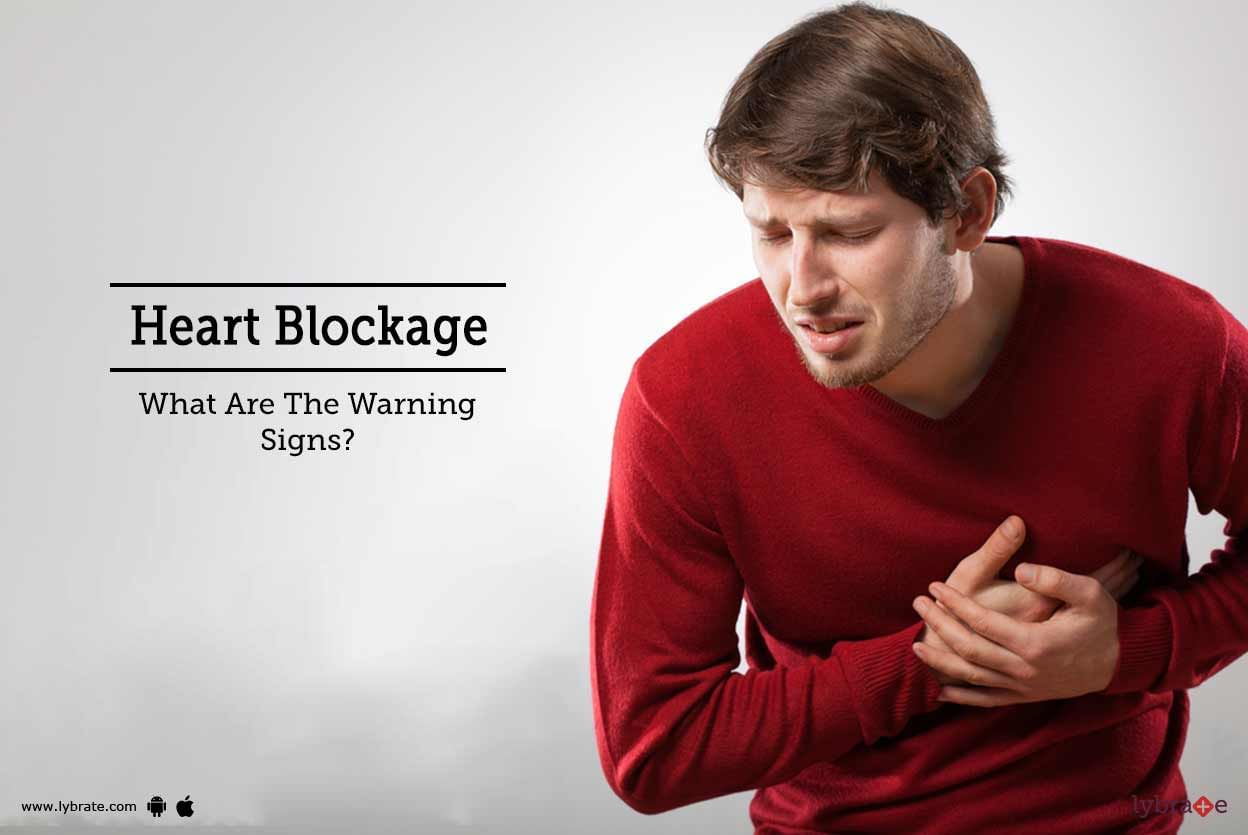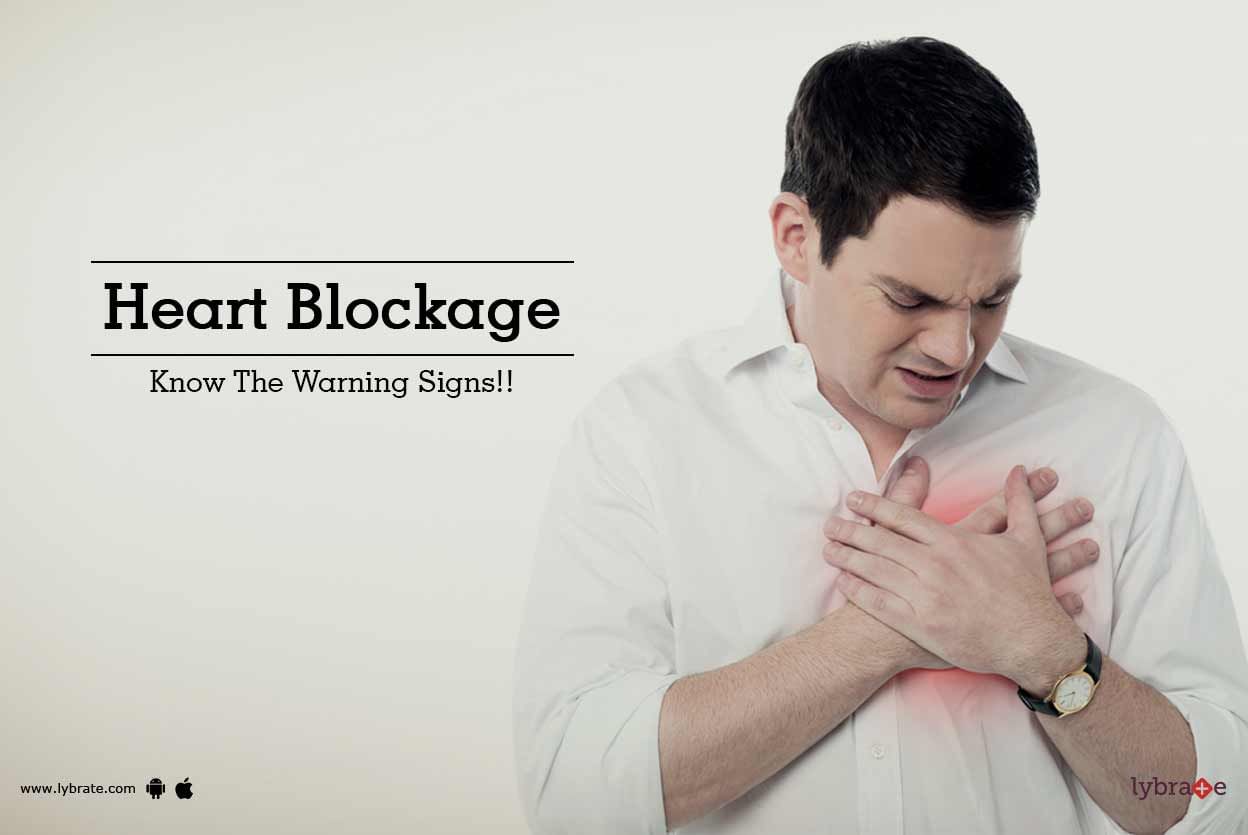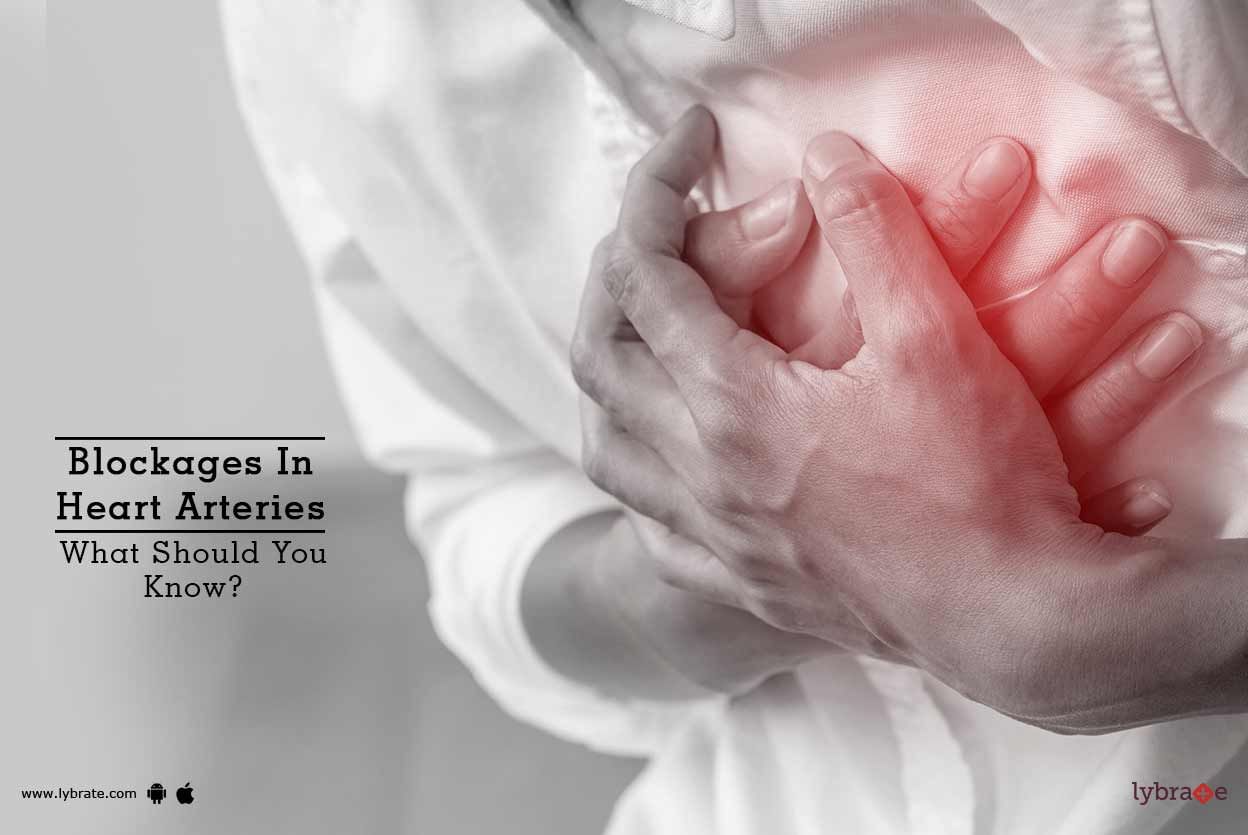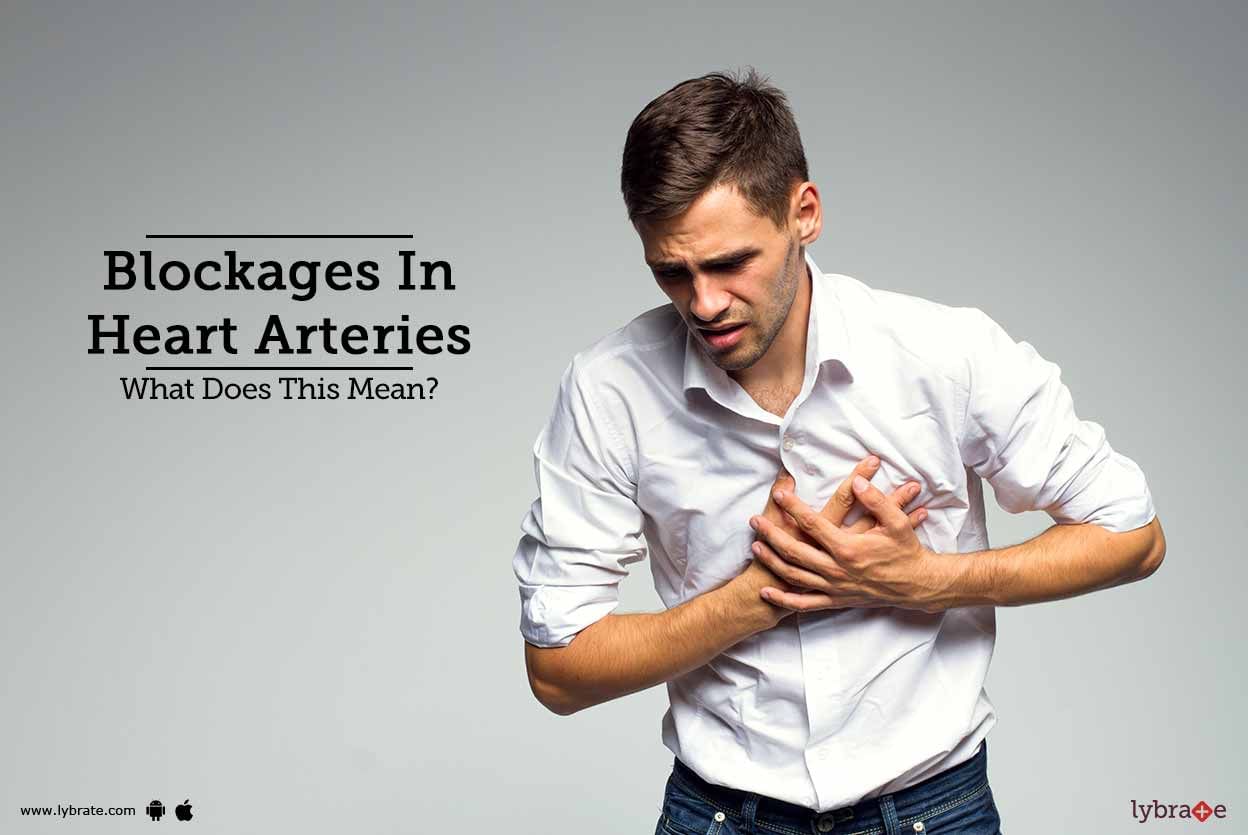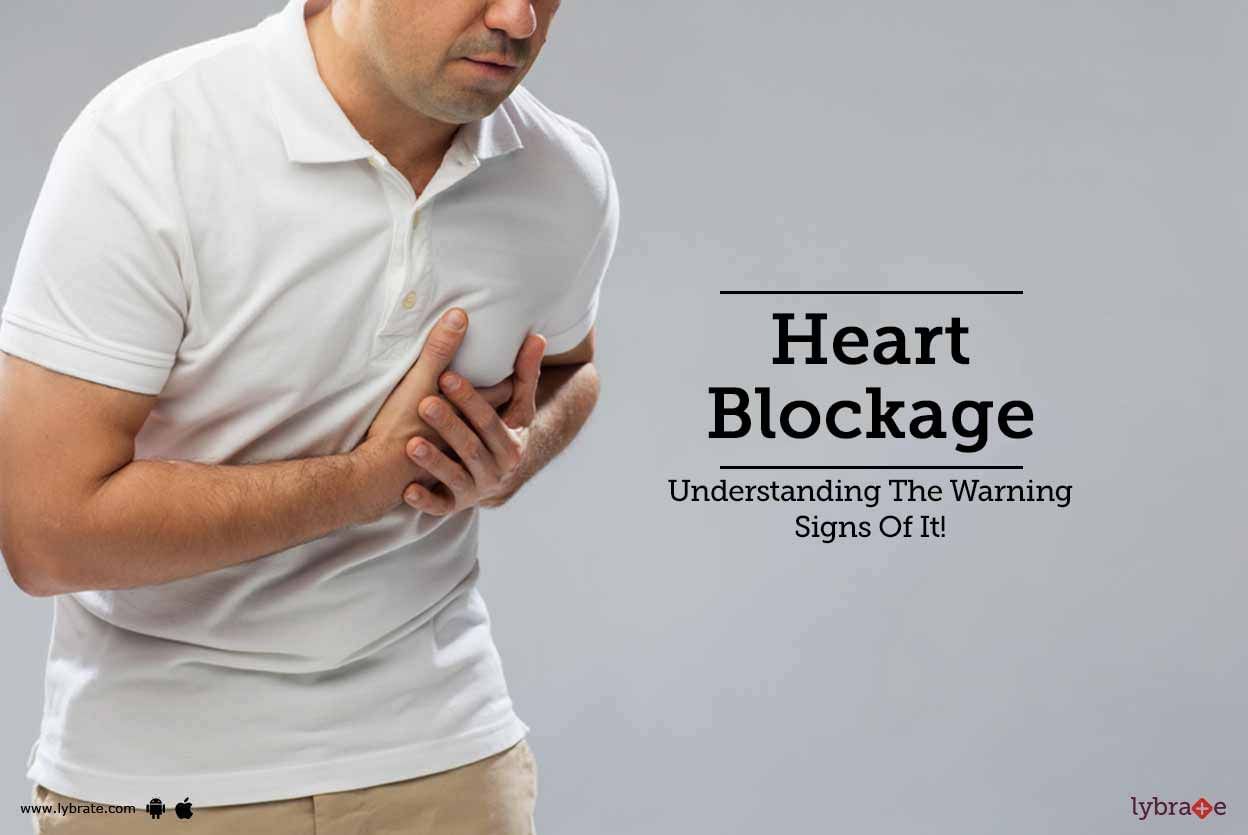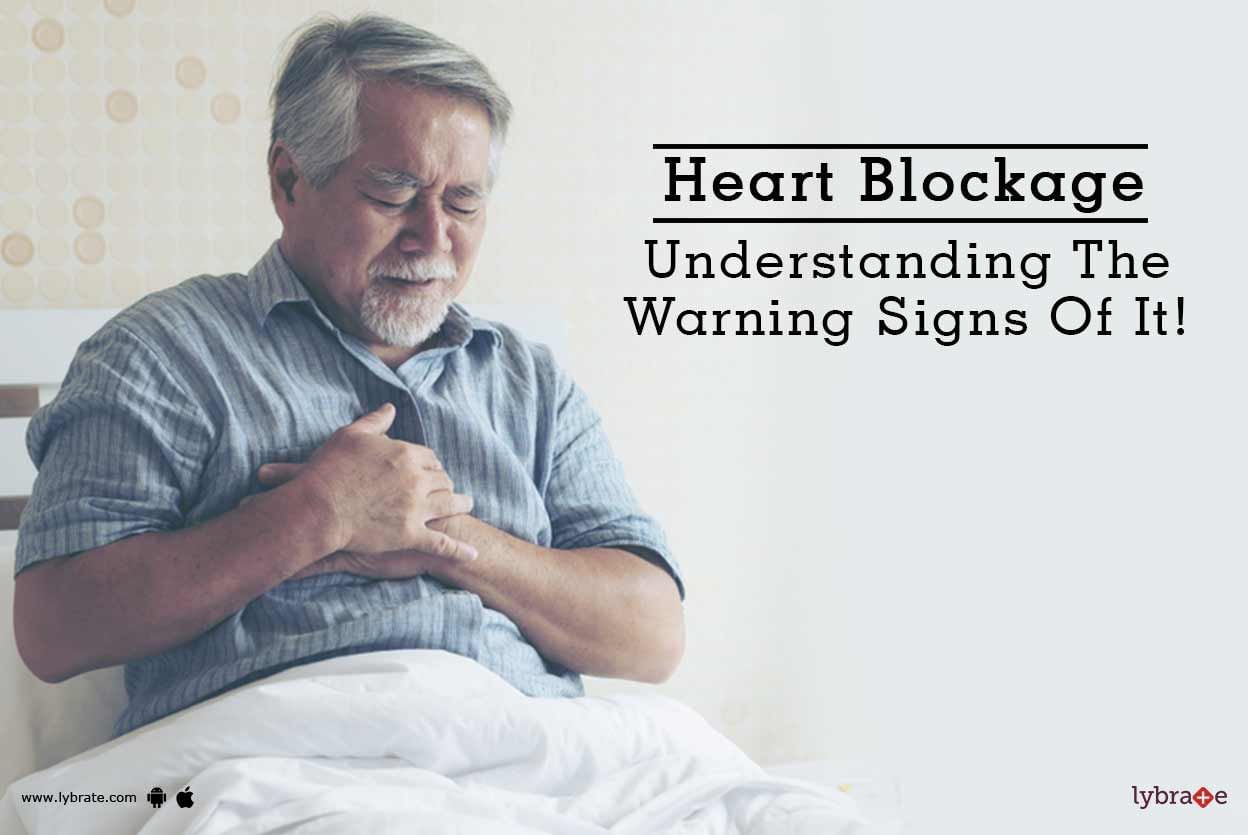Get the App
For Doctors
Login/Sign-up
About
Health Feed
Find Doctors
Health Packages
AllQ&AsTipsQuizzes
Yoga For Heart Blockage Tips
Last Updated: 7 years ago• Featured Tip
Share
Bookmark
Report
Heart Blocks are a result of plaque buildup in your arteries, which blocks blood flow and circulation to the heart, causing heart muscle damage and heightens the risk for heart attack and stroke.
Arteries which have smooth and elastic walls become thick and restrict blood flow from the cholesterol deposits over the years. Blood clots can also block the arteries that supply oxygen rich blood to the heart. These can eventually lead to strokes and heart attacks.
Some warning signs that...more
Arteries which have smooth and elastic walls become thick and restrict blood flow from the cholesterol deposits over the years. Blood clots can also block the arteries that supply oxygen rich blood to the heart. These can eventually lead to strokes and heart attacks.
Some warning signs that...more
Last Updated: 6 years ago• Featured Tip
Share
Bookmark
Report
Blockage in heart is a common term used for narrowing of coronary arteries. Coronary arteries are vessels, which supply blood and thus oxygen and food) to continuously working heart muscles. Heart muscles which are not tired working from the birth till death, however, cannot sustain long without blood supply.
A reduction in blood supply gives rise to ischemia of heart muscles commonly manifested as chest discomfort or angina. A sudden complete shutdown of blood supply leads to heart att...more
A reduction in blood supply gives rise to ischemia of heart muscles commonly manifested as chest discomfort or angina. A sudden complete shutdown of blood supply leads to heart att...more
Last Updated: 8 years ago• Featured Tip
Share
Bookmark
Report
Heart Blocks are a result of plaque buildup in your arteries, which blocks blood flow and circulation to the heart, causing heart muscle damage and heightens the risk for heart attack and stroke.
Arteries which have smooth and elastic walls become thick and restrict blood flow from the cholesterol deposits over the years. Blood clots can also block the arteries that supply oxygen rich blood to the heart. These can eventually lead to strokes and heart attacks.
Some warning signs that...more
Arteries which have smooth and elastic walls become thick and restrict blood flow from the cholesterol deposits over the years. Blood clots can also block the arteries that supply oxygen rich blood to the heart. These can eventually lead to strokes and heart attacks.
Some warning signs that...more
Last Updated: 7 years ago• Featured Tip
Share
Bookmark
Report
Blockage in heart is a common term used for narrowing of coronary arteries. Coronary arteries are vessels, which supply blood and thus oxygen and food to continuously working heart muscles. Heart muscles, which are not tired working from the birth till death, however, cannot sustain long without blood supply.
A reduction in blood supply gives rise to ischemia of heart muscles commonly manifested as chest discomfort or angina. A sudden complete shutdown of blood supply leads to heart att...more
A reduction in blood supply gives rise to ischemia of heart muscles commonly manifested as chest discomfort or angina. A sudden complete shutdown of blood supply leads to heart att...more
Last Updated: 7 years ago• Featured Tip
Share
Bookmark
Report
Heart Blocks are a result of plaque buildup in your arteries, which blocks blood flow and circulation to the heart, causing heart muscle damage and heightens the risk for heart attack and stroke.
Arteries which have smooth and elastic walls become thick and restrict blood flow from the cholesterol deposits over the years. Blood clots can also block the arteries that supply oxygen rich blood to the heart. These can eventually lead to strokes and heart attacks.
Some warning signs that...more
Arteries which have smooth and elastic walls become thick and restrict blood flow from the cholesterol deposits over the years. Blood clots can also block the arteries that supply oxygen rich blood to the heart. These can eventually lead to strokes and heart attacks.
Some warning signs that...more
Last Updated: 7 years ago• Featured Tip
Share
Bookmark
Report
Blockage in heart is a common term used for narrowing of coronary arteries. Coronary arteries are vessels, which supply blood and thus oxygen and food) to continuously working heart muscles. Heart muscles which are not tired working from the birth till death, however, cannot sustain long without blood supply.
A reduction in blood supply gives rise to ischemia of heart muscles commonly manifested as chest discomfort or angina. A sudden complete shutdown of blood supply leads to heart att...more
A reduction in blood supply gives rise to ischemia of heart muscles commonly manifested as chest discomfort or angina. A sudden complete shutdown of blood supply leads to heart att...more
Last Updated: 6 years ago• Featured Tip
Share
Bookmark
Report
Blockage in heart is a common term used for narrowing of coronary arteries. Coronary arteries are vessels, which supply blood and thus oxygen and food to continuously working heart muscles. Heart muscles, which are not tired working from the birth till death, however, cannot sustain long without blood supply.
A reduction in blood supply gives rise to ischemia of heart muscles commonly manifested as chest discomfort or angina. A sudden complete shutdown of blood supply leads to heart att...more
A reduction in blood supply gives rise to ischemia of heart muscles commonly manifested as chest discomfort or angina. A sudden complete shutdown of blood supply leads to heart att...more
Last Updated: 4 years ago• Featured Tip
Share
Bookmark
Report
A healthy heart beats 60-100 times per minute. Normally, every muscle contraction of the heart is controlled by electrical signals that travel from the heart s upper chambers to the lower ones. A heart blockage disrupts the flow of electrical signals of the heart.
Heart blockage is partial when the electrical impulses are stopped or delayed, preventing the heart from beating regularly. A complete blockage, on the other hand, occurs when the electrical signals come to a halt completely. ...more
Heart blockage is partial when the electrical impulses are stopped or delayed, preventing the heart from beating regularly. A complete blockage, on the other hand, occurs when the electrical signals come to a halt completely. ...more
Last Updated: 7 years ago• Featured Tip
Share
Bookmark
Report
MCh - Cardio Thoracic & Vascular Surgery...read more
Cardiothoracic Vascular Surgery•Bhopal
Heart Blocks are a result of plaque buildup in your arteries, which blocks blood flow and circulation to the heart, causing heart muscle damage and heightens the risk for heart attack and stroke.
Arteries which have smooth and elastic walls become thick and restrict blood flow from the cholesterol deposits over the years. Blood clots can also block the arteries that supply oxygen rich blood to the heart. These can eventually lead to strokes and heart attacks.
Some warning signs that...more
Arteries which have smooth and elastic walls become thick and restrict blood flow from the cholesterol deposits over the years. Blood clots can also block the arteries that supply oxygen rich blood to the heart. These can eventually lead to strokes and heart attacks.
Some warning signs that...more
Last Updated: 7 years ago• Featured Tip
Share
Bookmark
Report
Heart Blocks are a result of plaque buildup in your arteries, which blocks blood flow and circulation to the heart, causing heart muscle damage and heightens the risk for heart attack and stroke.
Arteries which have smooth and elastic walls become thick and restrict blood flow from the cholesterol deposits over the years. Blood clots can also block the arteries that supply oxygen rich blood to the heart. These can eventually lead to strokes and heart attacks.
Some warning signs that...more
Arteries which have smooth and elastic walls become thick and restrict blood flow from the cholesterol deposits over the years. Blood clots can also block the arteries that supply oxygen rich blood to the heart. These can eventually lead to strokes and heart attacks.
Some warning signs that...more
Ask a free question
Get FREE multiple opinions from Doctors
posted anonymously


